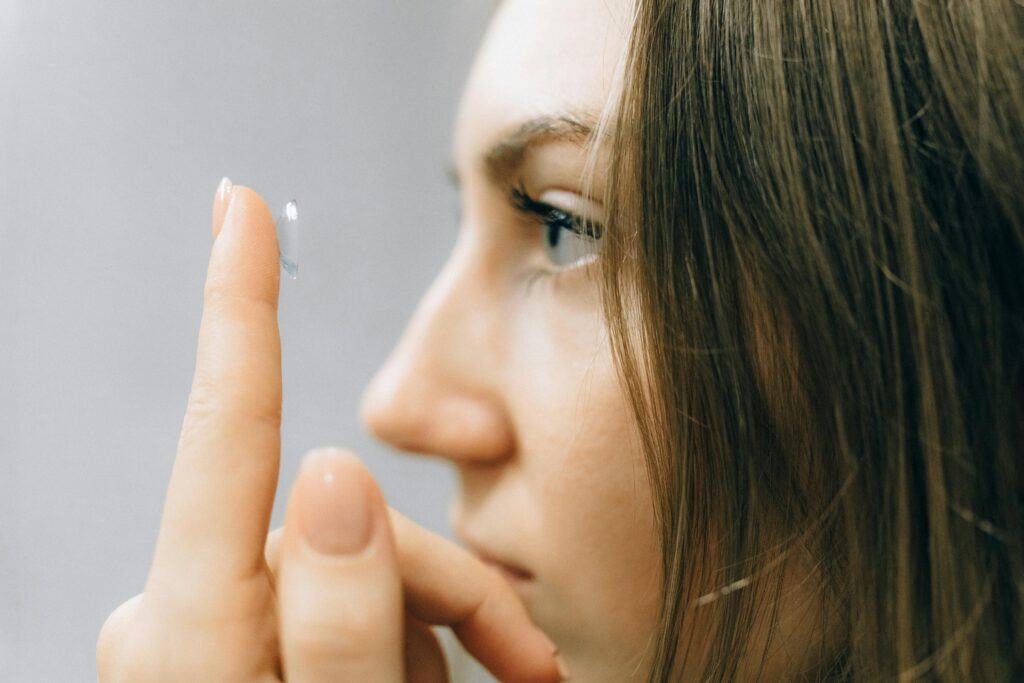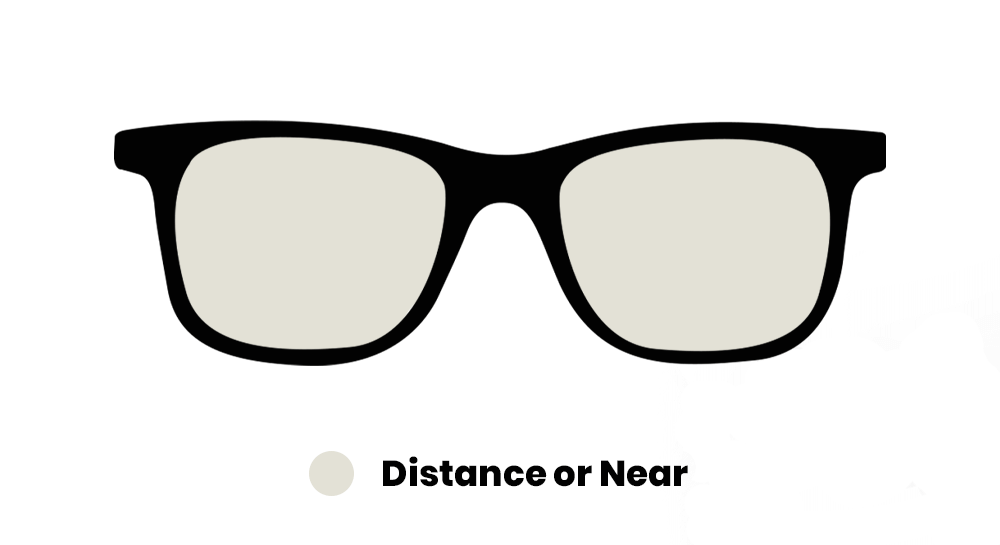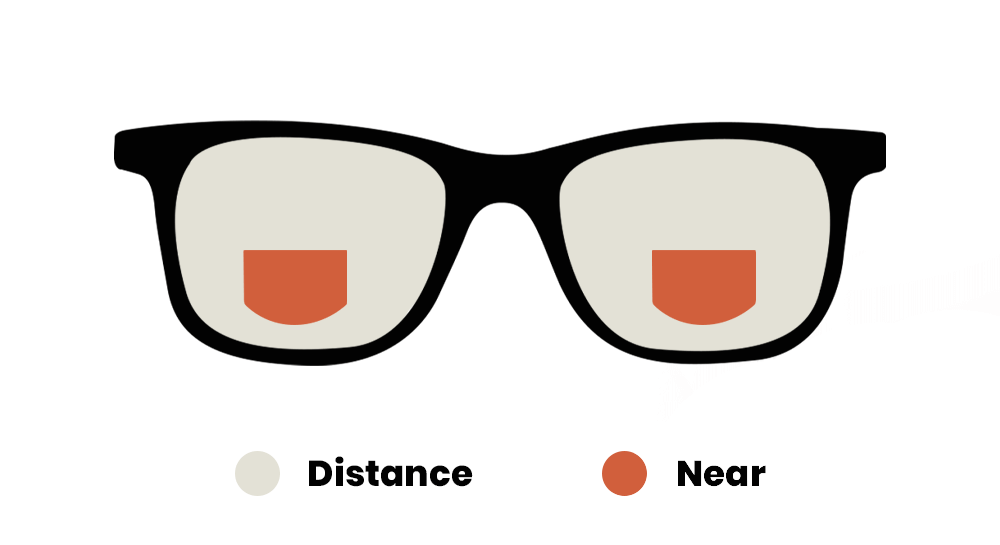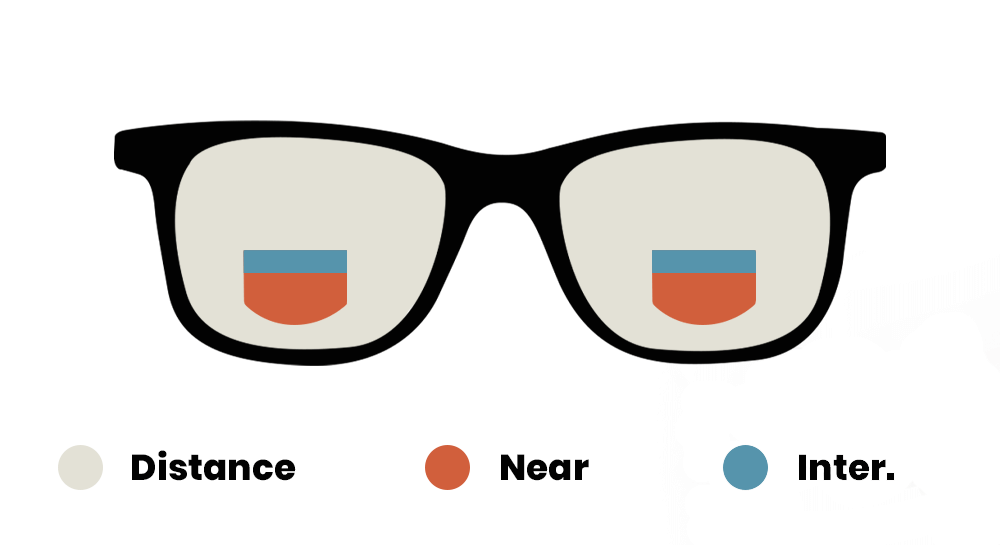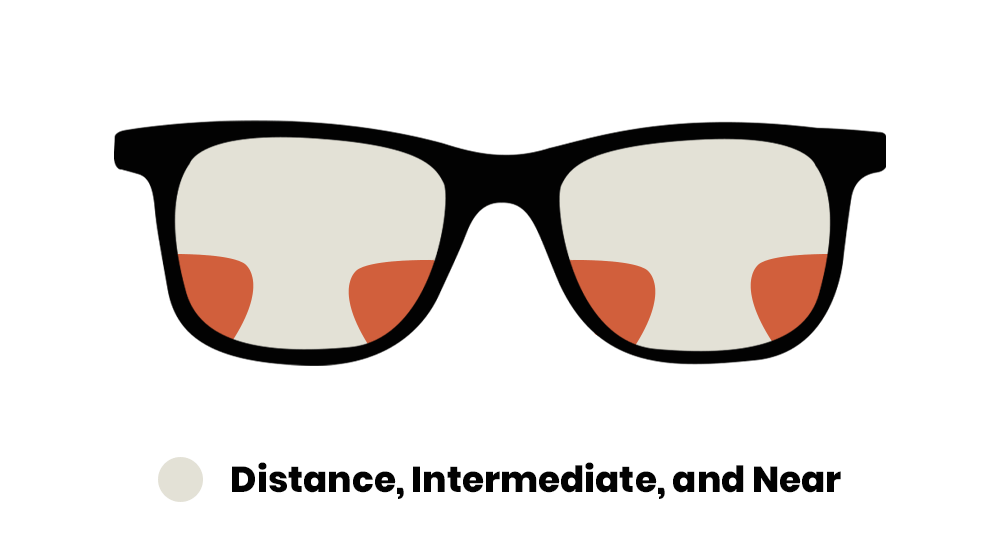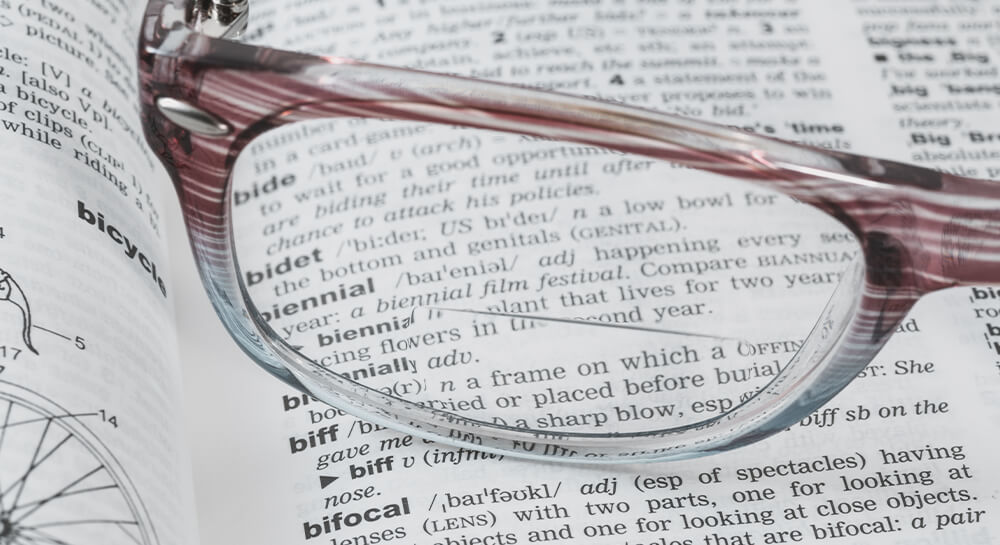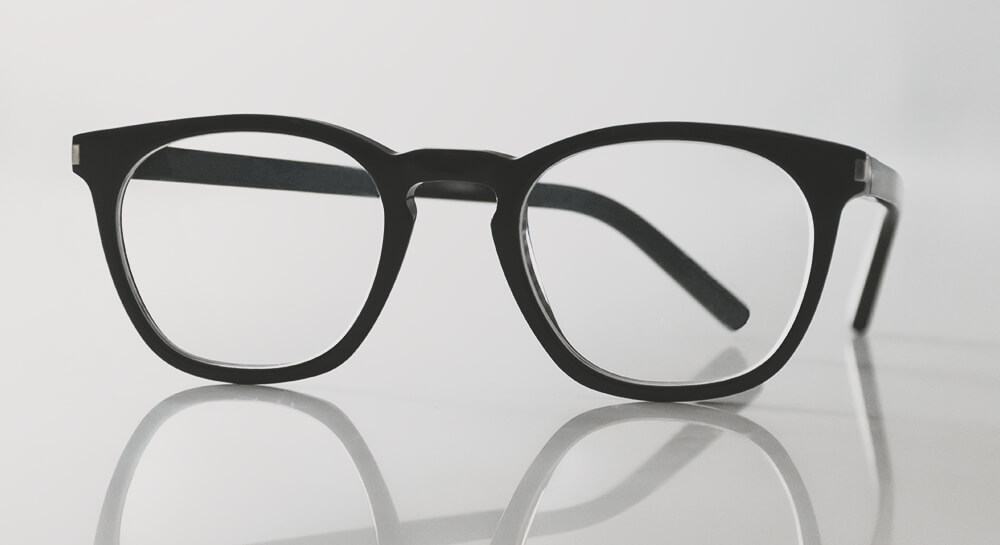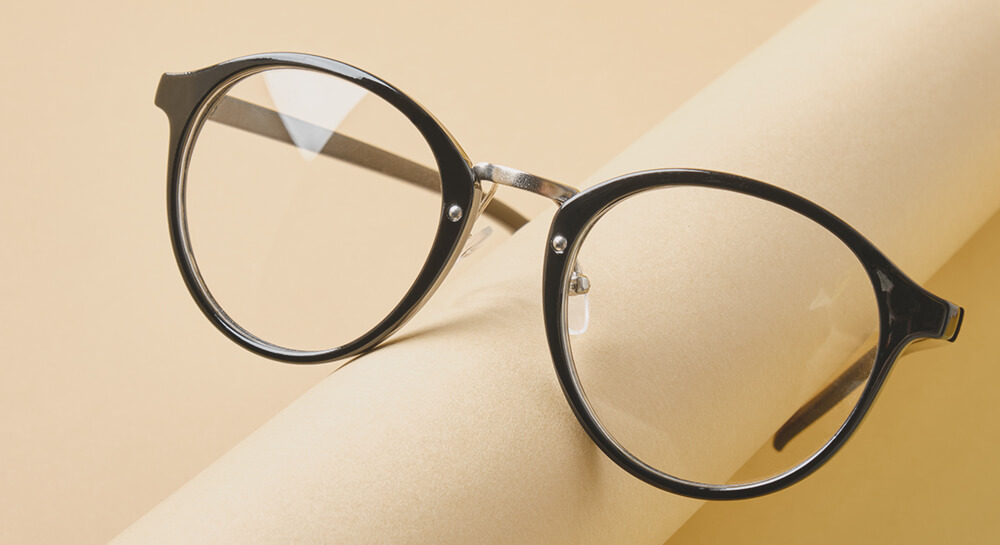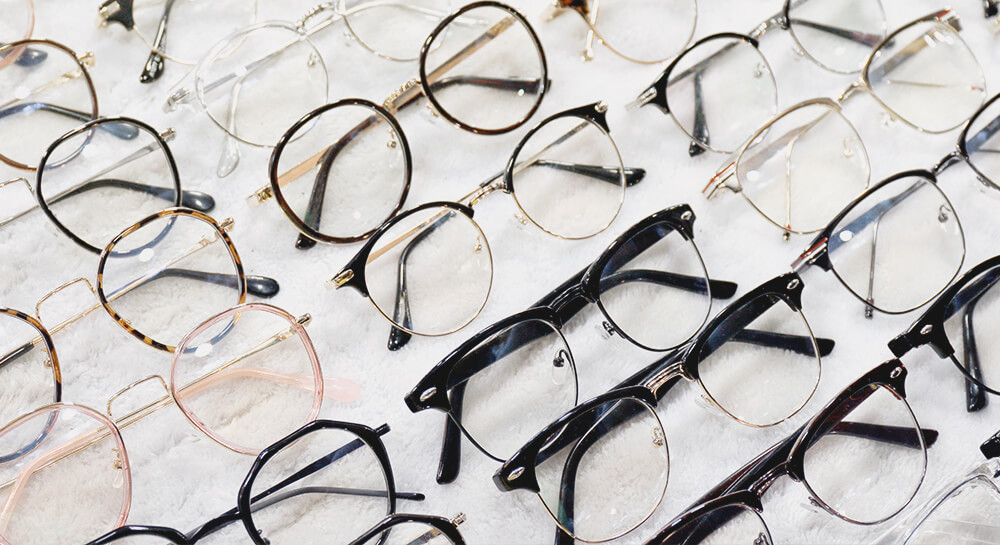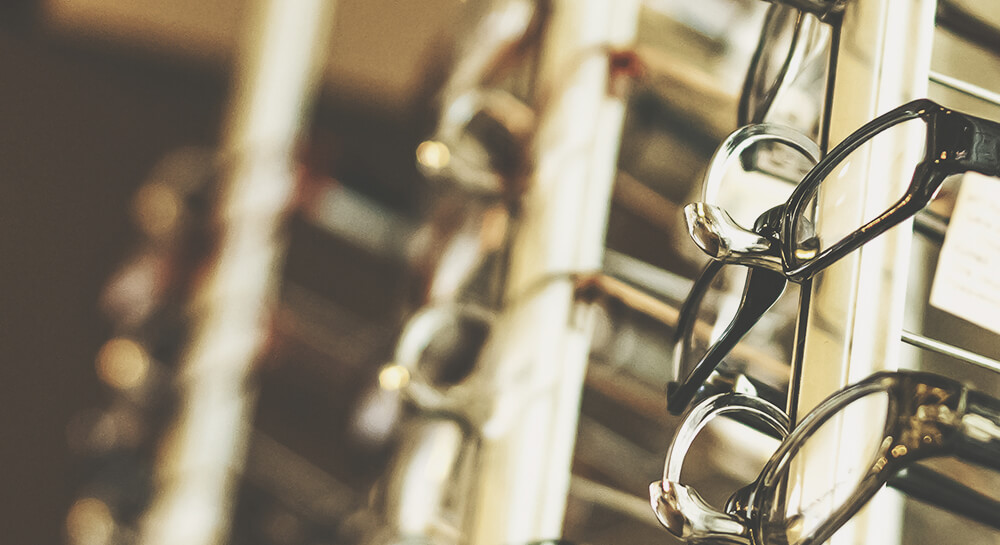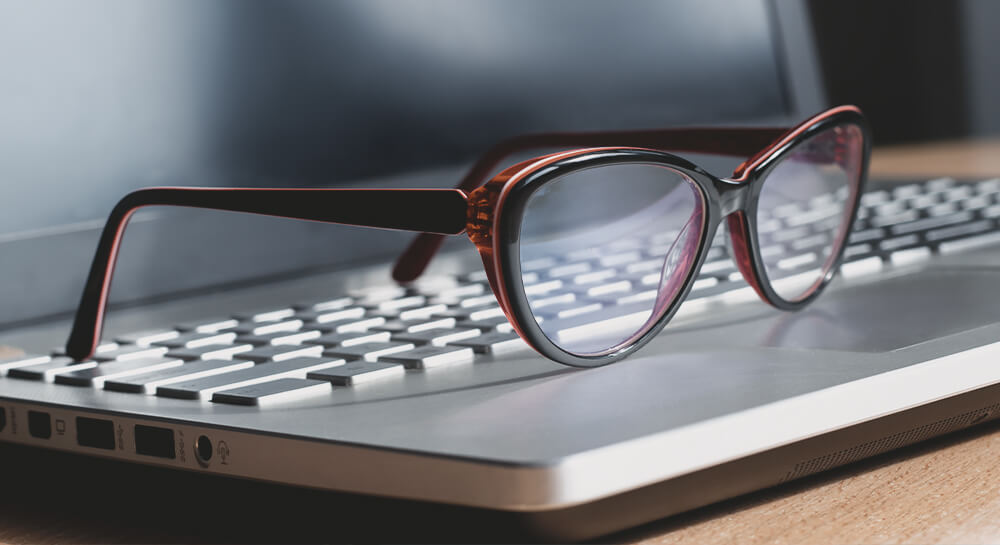Regular eye exams are crucial for maintaining optimal eye health and catching potential vision problems early. Whether you’re experiencing vision changes or it’s just time for a routine check-up, understanding the ins and outs of eye exams can help you prepare and ensure you get the most out of your visit. This comprehensive guide covers everything you need to know about eye exams, including how long they take, how often you should get them, what to expect during the exam, and why they are so important.
How Long Does an Eye Exam Take?
One of the most common questions about eye exams is how long they typically last. The answer is between 30 minutes to an hour for a comprehensive eye exam. The duration of the exam depends on several factors, including:
- The complexity of your vision needs: If you require a detailed assessment for conditions like glaucoma, cataracts, or macular degeneration, the exam might take longer.
- Whether it’s your first visit: Initial exams usually take more time because the eye doctor will need to gather comprehensive medical and vision histories.
- The type of tests conducted: Routine vision tests, such as visual acuity and refraction tests, are relatively quick. However, more advanced tests, like retinal imaging or visual field testing, can extend the duration.
How Often Should I Get an Eye Exam?
The frequency of eye exams varies based on age, health, and whether you wear corrective lenses:
- Children: First exam is at 6 months, then again at age 3, and again before starting school. Afterward, every two years, or annually if they wear glasses or contact lenses.
- Adults (18-60 years): Every two years if no vision problems; annually if you wear glasses or contact lenses.
- Seniors (61+ years): Annually to monitor for age-related conditions.
Regular exams are crucial if you experience vision changes or discomfort.
What to Expect During an Eye Exam
Understanding what happens during an eye exam can help alleviate any anxiety and ensure you’re well-prepared. Here’s a typical sequence of events during an eye exam:
- Medical and Vision History: The eye doctor will ask about your overall health, any medications you take, and your family’s eye health history.
- Visual Acuity Test: You’ll be asked to read from a chart to determine the clarity of your vision at various distances.
- Refraction Assessment: This test helps determine your exact prescription for glasses or contact lenses.
- Eye Muscle Test: The doctor will evaluate the muscles that control eye movement to ensure they are functioning properly.
- Pupil Dilation: Eye drops may be used to dilate your pupils, allowing the doctor to examine the retina and optic nerve more thoroughly.
- Visual Field Test: This test checks for blind spots and peripheral vision issues.
- Tonometry: This test measures the pressure inside your eyes to screen for glaucoma.
Importance of Regular Eye Exams
Regular eye exams are essential for several reasons:
- Early Detection of Eye Diseases: Many eye conditions, such as glaucoma and macular degeneration, develop slowly and may not show symptoms until they are advanced. Early detection through regular exams can prevent or slow progression.
- Updating Prescriptions: Vision can change over time, making it crucial to update your prescription regularly to avoid eye strain and headaches.
- Overall Health Monitoring: Eye exams can also reveal signs of systemic health issues, such as diabetes, high blood pressure, and high cholesterol.
Common Myths About Eye Exams
There are several misconceptions about eye exams that need clarification:
- Myth: Eye exams are only necessary if you have vision problems.
- Fact: Regular eye exams are crucial for maintaining eye health and detecting issues early, even if you have no noticeable vision problems.
- Myth: Children don’t need eye exams until they start school.
- Fact: Early eye exams can catch developmental issues that can impact learning and development.
FAQ
Q: How long does an eye exam take? A: A comprehensive eye exam typically takes between 30 minutes to an hour, depending on various factors such as the complexity of your vision needs and the types of tests conducted.
Q: How often should I get an eye exam? A: The frequency of eye exams depends on age, health, and whether you wear corrective lenses. Generally, adults should have an eye exam every two years, while children and seniors may need more frequent exams.
Q: What happens during an eye exam? A: During an eye exam, the doctor will take your medical and vision history, test your visual acuity, assess your prescription needs, check eye muscle function, dilate your pupils, and perform tests for peripheral vision and eye pressure.
Q: Are eye exams necessary if I have perfect vision? A: Yes, regular eye exams are important for everyone. They help detect eye diseases and other health conditions early, even if you don’t have vision problems.
Q: Can eye exams detect other health issues? A: Yes, eye exams can reveal signs of systemic health issues such as diabetes, high blood pressure, and high cholesterol.
In conclusion, eye exams are a vital part of maintaining overall health and wellness. By understanding what to expect and how often to schedule them, you can take proactive steps to ensure your eyes stay healthy for years to come. If it’s been a while since your last eye exam, schedule an appointment with your eye doctor today.








